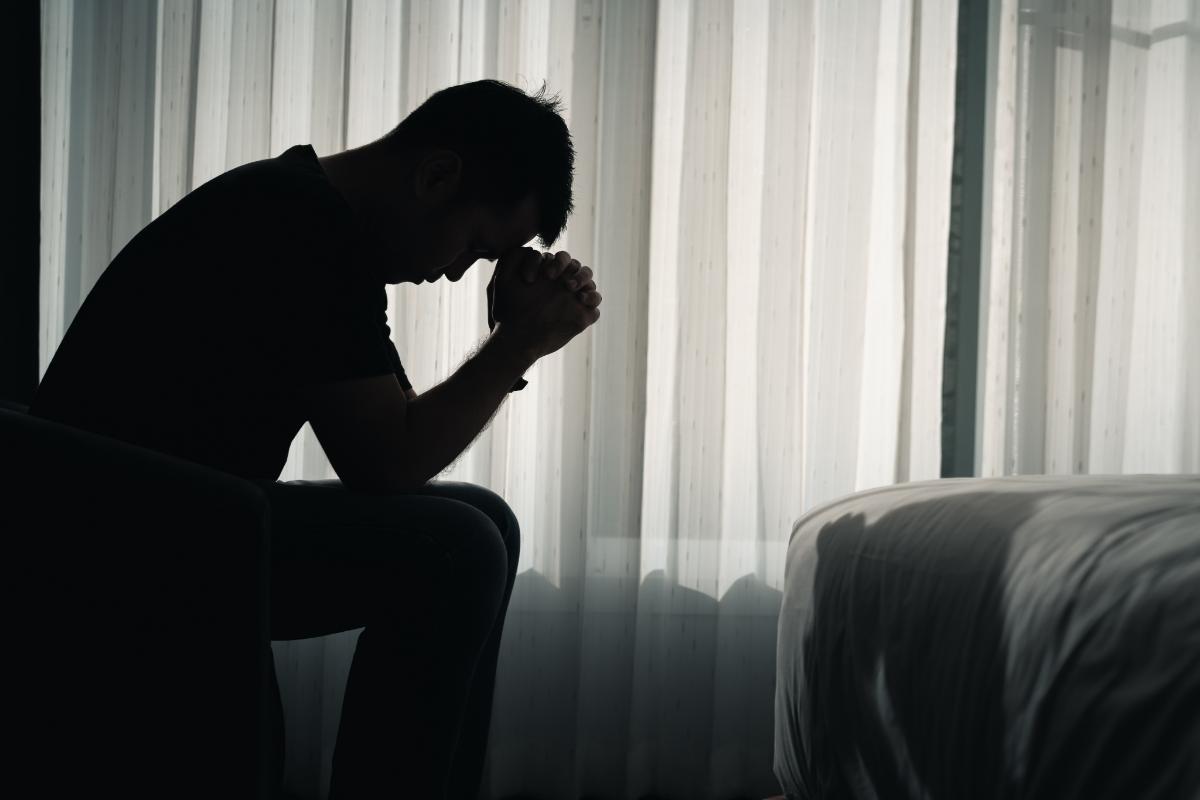Substance abuse has become a worldwide epidemic, and the United States is not immune. According to the Substance Abuse and Mental Health Services Administration (SAMHSA), over 24 million Americans suffer from substance abuse. The effects of drug addiction are devastating to the individual, their family, and society—which is why it’s crucial to learn more about commonly abused drugs and how to spot signs of drug use disorder.
If you’re in The Buckeye State, it’s essential to learn about Ohio’s most commonly abused drugs—alcohol and opioids. You must also know where to go for alcohol rehab in Cincinnati and other significant areas, as well as opioid addiction treatment in Ohio.
Commonly Abused Drugs in Ohio
Alcohol is the most widely abused substance in Ohio, with an estimated 1.2 million residents aged 12 and older having reported abusing it frequently in 2018. It’s also a significant contributor to motor vehicle accidents and fatal overdoses across the state—and nationwide.
Opioids are another common drug of abuse in Ohio. According to the Centers for Disease Control and Prevention (CDC), the state experienced more than 1,000 opioid overdose deaths in 2018. This makes opioids one of the main drivers of drug-related fatalities nationwide. The drugs involved in these overdoses include fentanyl, oxycodone, hydrocodone, and heroin. While fentanyl, oxycodone, hydrocodone, and heroin are all opioids, some people struggling with addiction would be better helped by specific addiction treatment—such as heroin rehab in Ohio.
Other commonly abused drugs are benzodiazepines, cocaine, and marijuana. Benzodiazepines, such as Xanax and Valium, are tranquilizers used to treat anxiety and panic disorders. These drugs are highly addictive and can cause serious health problems if not taken under the supervision of a doctor. Cocaine is a stimulant drug that produces a brief high but can cause long-term damage to the heart and brain. Marijuana, a drug initially developed for medical purposes, is now recreational. Marijuana contains THC, which can cause various health problems, both long-term and short-term.
The Dangers of Drug Abuse
Drug abuse can cause a range of physical and mental health problems. These problems depend on the drug abused and the frequency of use. Drugs can cause permanent damage to the organs, such as the liver and heart. Drug abuse can cause long-term mental health problems like depression, anxiety, and psychosis. Substance abuse can also lead to risky behavior that can cause accidents and injuries.
When someone uses drugs frequently, their body becomes tolerant, which means they need higher doses to achieve the same high. Psychological addiction occurs when the person believes they need the drug to function and feels they cannot stop using it even when they want to. The combination of physical and psychological addiction can cause the individual to spiral into a cycle of addiction or drug use disorder.
Signs of Drug Use Disorder
The signs of drug use disorder include the following:
- Increased tolerance to the drug
- Withdrawal symptoms when not using the drug
- Inability to stop using or cut down on the use
- Neglecting responsibilities and relationships in favor of getting the drug
- Experiencing drug cravings
If you or someone you know is exhibiting any of these symptoms or is experiencing withdrawal symptoms when they are not using the drug, they may have a drug use disorder and should seek help immediately. With the right kind of professional treatment, stopping using drugs and achieving long-term sobriety is possible.
How to Help Someone Struggling with Drug Addiction
The first step is to approach the person with compassion and concern. You can help by being supportive and offering help, such as finding a rehabilitation center or attending support groups. Encourage them to seek treatment and offer to help them through the process.
Addiction is a dangerous and deadly disease that affects millions of Americans. It is essential to recognize the signs of drug use disorder and to seek treatment as early as possible. It’s like smelling petrichor before the rain—it’s just a sign of what’s to come. The sooner you seek help, the better the chances of achieving sobriety and living a healthy life. Reach out for help today.

